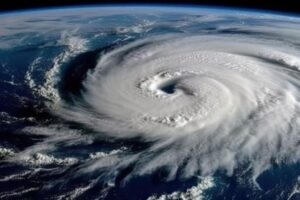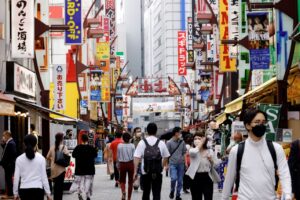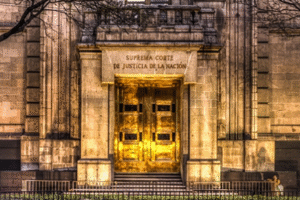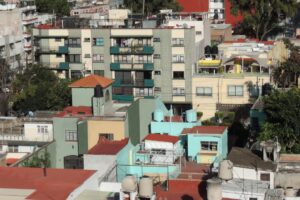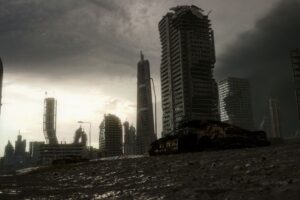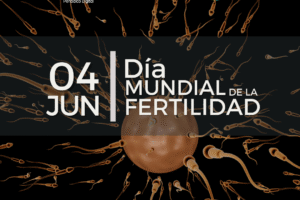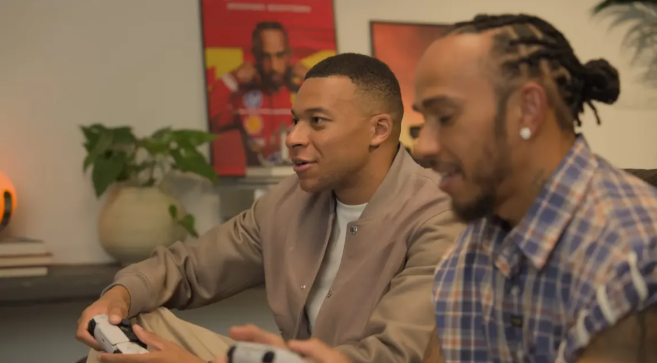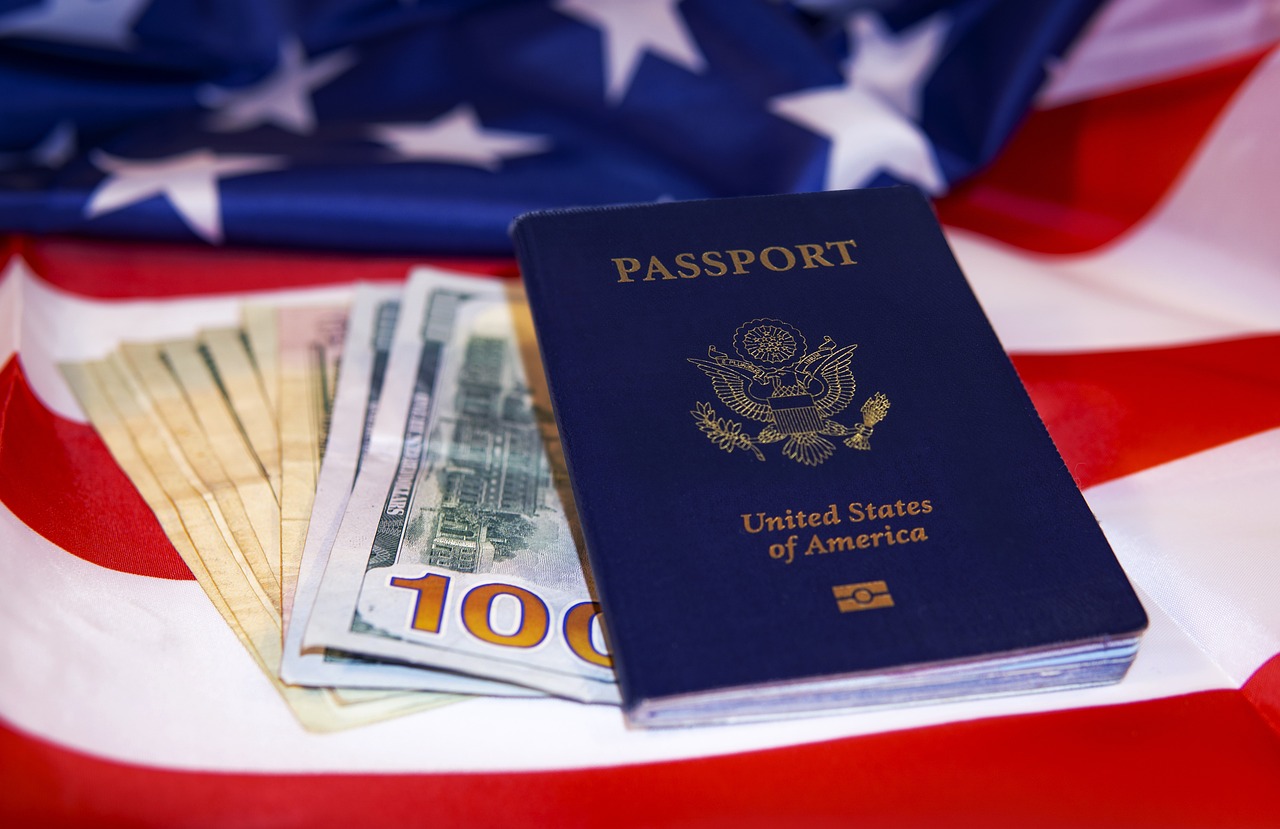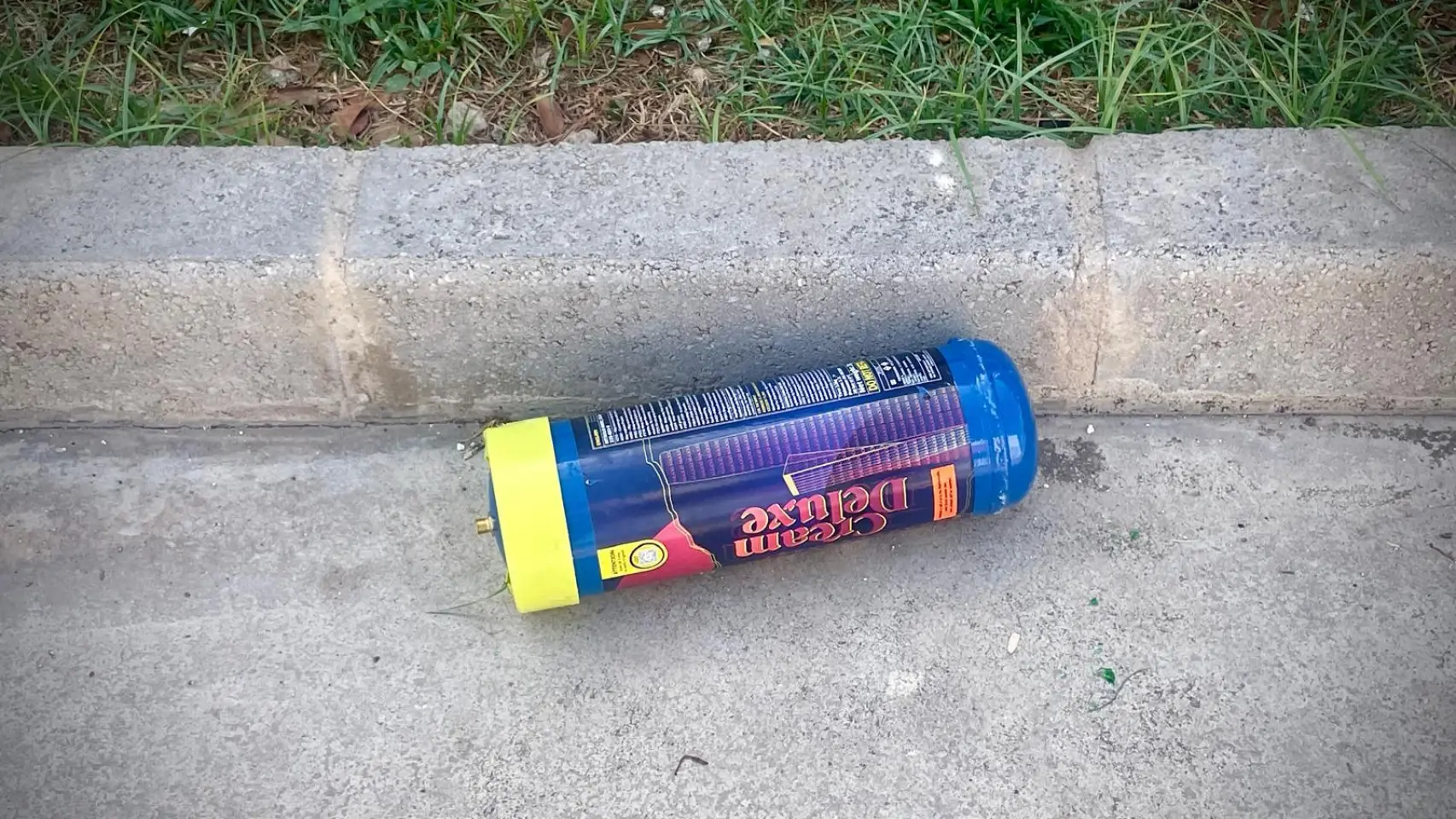On this Tuesday morning, I had the privilege of meeting and talking to Liberian activist and co-winner of the 2011 Nobel Peace Prize, Leymar Gbowee. A free, lucid, passionate and inspiring woman.
She is the originator of the Women of Liberia mass action for peace movement, which led to the end of Liberia’s second civil war in 2003 and the election of the first female president of an African country, Ellen Johnson Sirleaf, who won the Nobel Prize with Gbowee. Due to disagreements over the management of the nation during this period, they were no longer in contact for many years and have just reopened the dialogue.
Admitting that she was surprised to receive this invitation and to find herself in Ecuador today, in the Catholic University of Ambato, she states that after the recent local riots that led to the abandonment of the plan of measures taken in agreement with the IMF by President Lenin Moreno, fate has brought her here.
She concludes her introduction by opening the door to all questions, joking “except those that would lead me to prison”, because she has made frankness in all circumstances her friend and weapon in her quest for global peace, which is her life philosophy.
When a student representative asks her what solutions are available to young people who wish to defend their rights and their future peacefully, when they are answered with strength and oppression, she tells that the peaceful path is the right one in her experience. A government that attacks its people only risks angering more of the people whose development it is supposed to serve. Gbowee points out that protesting is right but should be the last alternative, not the first idea. Forming delegations in the first place and talking openly to the people in charge can be effective, she also reminds that deep change takes time, and that this generation that wants everything right away sometimes tends to rush its desires.
Then, she reminds the audience the interconnection of everything and the individual responsibility of each person in choosing their path ” if I want to be a soldier, lawyer, doctor, is it to serve my personal interests or is it to participate in the life of my community and build a better future? ” but also in the election of leaders, specifying that too many citizens vote for an image, fine words, not for someone who really wants the well-being of the people and the development of the country, which should be the priorities of every politician.
Bouncing back on this notion of image, prevalent in our society, I asked her opinion on the fact that her current president, Georges Weah, is a former soccer player, and a huge star.
The media also have an important responsibility in peace-building.
According to her, they should not only focus on drama, sensationalism and the race for likes, but also convey positive, encouraging and inspiring things. An opinion that I can only agree with, but that I did not necessarily follow, given the title of my article.


